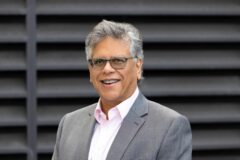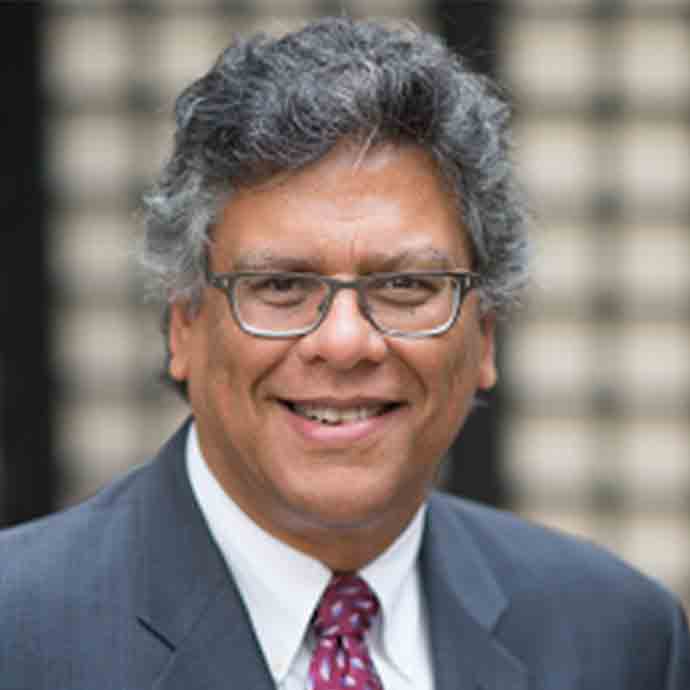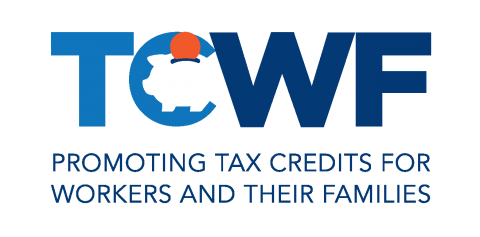FROM THE DIRECTOR
JUNE 2020
This is a pivotal year. It is a time of revealing hidden truths about inequities, enabling hard discussions about justice, and moving toward equity, opportunity, and transformation. The sustained impacts of the pandemic, the racial justice movement, and the growing consensus on the need for equitable systemic reform will continue to inform the next decade of philanthropic and public policy priority setting. That is, if we do not let the momentum pass.
AFN focuses on the equitable building of economic security, shared prosperity, and wealth. To achieve those goals, members understand that it is underpinned by a commitment to an equitable recovery and reimagined justice across systems. Philanthropy has established that economic opportunity and stability is increased with an array of tools and strategies. Financial coaching, reinforcing the need for equity in capital investment, and customer centered tools to build financial security all work within the existing systems. We also understand the need to change private processes around medical debt, employer benefits, bank fees and access to 529 and retirement accounts. Each of those strategies and FinTech tools are essential – but insufficient — without broad based restorative and equitable systemic reform.
The most powerful economic reforms will require a systemic focus that crosses silos recognizing the interrelated effects. For example, AFN and many health providers have understood for some time that health outcomes depend on the social determinants – many of which are economic; and conversely, that wealth and economic security depends on health and the social determinants.
But that is just the beginning. For example, what are the priorities expressed by Federal, state or local budgets? What are the priorities expressed by what income or economic effort is taxed and what activities receives tax incentives? Federal expenditures (and that of many states) remain upside down when viewed through an equity lens. Does it make sense to only tax earning and not to tax unearned income? Or in some local governments to target the highest tax rates against small businesses and the self-employed?
Or, go further still. As today’s advocates are effectively raising, what funds are spent and for what actual outcomes – regardless of purpose? Are those outcomes in fact the reflection of the communities’ priorities?
In the last 40 years, spending on policing has almost tripled and the incarceration of Americans has increased over 500%. Most experts agree that we incarcerate and reincarcerate millions who are not a threat to public safety. Police, prison, and probation budgets have all grown at the expense of spending on other needed services and investments. And the cost of the police-incarceration budget growth has been incredibly disruptive to Black, Latinx, Indigenous and many Asian and Pacific Islander communities. When you look at the growth as a percentage in your local and state budgets, it is no wonder there is insufficient funding for robust economic development, to fund quality schools, to dramatically increase affordable college attendance, and for guaranteed jobs. Put another way, we already spend the funds needed to dramatically and equitably expand economic justice and prosperity. We need the will to examine and define the priorities and to intentionally repurpose the spending.
Don’t believe it? Then consider the example of police in the school. The purpose is articulated as providing protection and safety. For example, Chicago (an education district with over 600 schools of which 155 are high schools), contracts to have the police in the schools under a $33 million contract. That spending is instead of teachers, textbooks, laptops or tablets for students, and social workers. And that calculation does not even consider the cost and economic contributions lost by children caught up in the classroom to prison pipeline – where age-appropriate typical behavior by children of color is recharacterized as threatening and criminal. Is this really the best use of education district funds to provide quality education, and to prepare the student to be entrepreneurial and to fully engage in the economy?
Or consider the purpose of probation. Is it to provide rehabilitation support for a person to successfully reenter the community and economy, or is it to be disruptive, to threaten and often to reincarcerate for any minor misstep to ensure order is maintained? Those who work with persons reentering community more often than not, experience only the latter.
Indeed, is the cost to taxpayers to warehouse millions to sustain the public and private prisons that proliferated over the last decades, the best purpose? Do we really need to incarcerate millions who are not a threat to public safety, who need mental health or substance abuse treatment, or who are too poor to pay their fines and fees? Would not the funds do more if repurposed to provide community treatment, to support housing and to provide guaranteed jobs or basic income?
In reimagining the possible to develop an equitable economy, funders can foster and support communities to engage in difficult conversations to define the outcomes that reflect our priorities as a way to reinforce the systemic changes needed. An equitable economy would reflect spending priorities that produces outcomes for universal debt-free quality education through post-secondary, supports the elderly with universal basic income at meaningful levels to allow them to retire with dignity and security, invests in entrepreneurs of color and women with needed capital to start and expand their businesses, ensures wage minimums were sufficient to meet self-sufficiency requirements in that community, and provides the funds to provide Baby Bonds or another substantial infusion of funds at birth to every child. Our current systems breed inequity and deprivation. If philanthropy is serious about building an equitable economy and eliminating the wealth gaps, we must be willing to break with the past, reorder the present, and leap at new opportunities and approaches for the future.
Let’s all commit to building the post COVID 19 recovery with equitable economic security that increases wealth building across multiple systems, that catalyzes priority setting, and helps to close the racial, ethnic and gender wealth gaps. Join the conversations to reimagine the systems funded by public, corporate and philanthropic priorities to increase equity and to no longer squander potential of our children nor to no longer sustain practices that discount and devalue people of color. Help make this moment one that lasts, to build the more perfect union that we believe in – one that guarantees opportunity and ensures economic security.
Join the conversations at AFN, at events hosted by your area funders or by politicians. Actively ask the questions about purpose and desired outcomes to develop the best pathways in your communities. Join us at AFN to document the best approaches and to focus philanthropic efforts.




